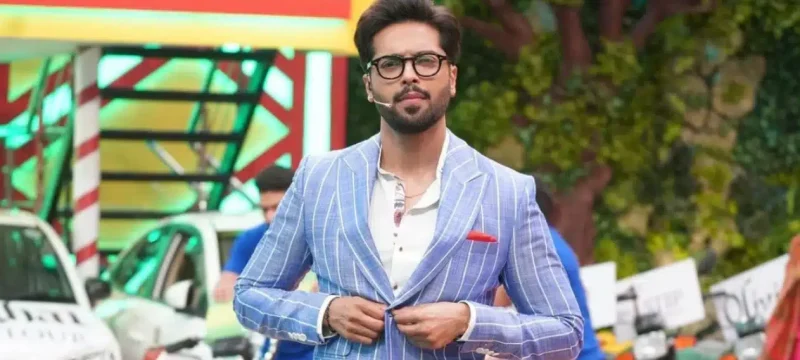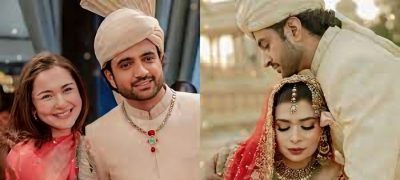Fahad Mustafa’s resurfaced remarks against family vlogging and the overuse of the term “content” have reignited a fierce debate across digital and traditional media. While some YouTubers and TikTokers, especially Rajab Butt, took offense, many believe Mustafa’s comments reflect a much deeper issue—one that goes beyond individual egos.
Mustafa had questioned the ethics and creativity of digital creators who document their personal lives, even moments of grief, for views. “What kind of content is this?” he asked during a past interview, calling the word “content” the most overrated in Pakistan. His criticism targeted the growing trend of turning private life into public spectacle, where emotional manipulation often replaces meaningful storytelling.
Also Read: Iffat Umar Advises Fahad Mustafa to Ease Tensions with Vloggers
This controversy is not just about Mustafa vs. Butt—it’s about the larger cultural shift in how stories are told. Artists worldwide face challenges from algorithm-driven platforms, diminishing attention spans, and the illusion that everyone with a phone is now a filmmaker. Mustafa, despite hosting flashy game shows, has maintained some artistic credibility with films like Actor in Law and Kabhi Main Kabhi Tum.
The rise of influencer casting in film and TV has added to the noise. As stars are picked for follower count over talent, the value of craft diminishes. While digital platforms offer accessibility, not every viral personality is cut out for cinema. As the line between entertainment and art continues to blur, Mustafa’s stance reopens an important discussion on what really counts as creative work.









